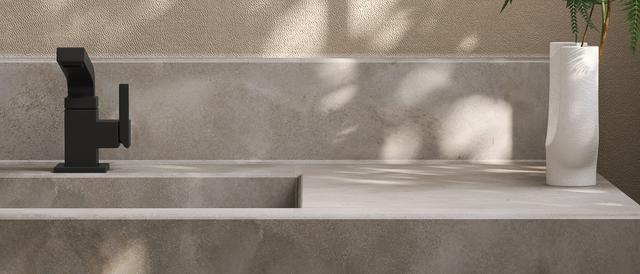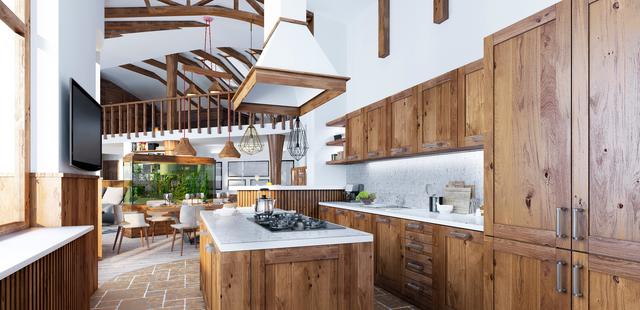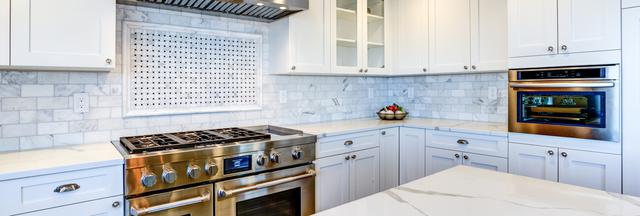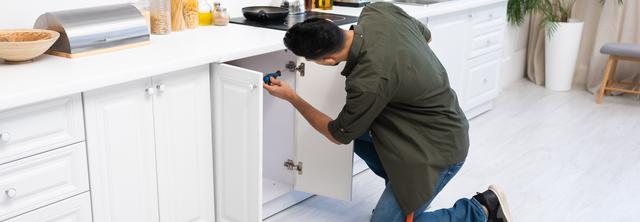Butcher block countertops have been growing in popularity for their durability and unique aesthetic. They can be a great addition to any kitchen, but proper installation is key to ensure their longevity. In this article, we will discuss the essential materials you need when installing butcher block countertops.
Measurements and Layout
Before purchasing materials, you need to determine the measurements and layout of your countertops. You will need a measuring tape, a straight edge, and a level to ensure accuracy. Consider the type of sink you will be installing, as this will affect the layout of your countertops.
Butcher Block Material
Butcher block countertops can be made of different types of wood, such as maple, oak, and cherry. Each type of wood has its unique look and characteristics. Choose a material that fits your kitchen's overall design and that meets your needs in terms of durability and maintenance.
Tools for Cutting and Sanding
Once you have your butcher block material, you will need tools to cut it to size and shape. You will need a circular saw, jigsaw, or handsaw, depending on the size and complexity of your countertop. A sander or sandpaper will also be needed to smooth out any rough edges.
Adhesive and Fasteners
To secure your butcher block to the cabinets, you will need an adhesive and fasteners. Silicone adhesive is the most popular choice for attaching butcher block countertops. You will also need screws or bolts to attach the countertop to the cabinets.
Finish and Sealant
After installation, you will need to apply a finish and sealant to your butcher block countertops. This will protect the wood from moisture, heat, and other elements. Mineral oil is a popular choice for finishing butcher block countertops. Polyurethane can also be used for a more durable finish.
Maintenance Materials
Butcher block countertops require regular maintenance to keep them looking their best. You will need a cutting board to prevent knife marks and scratches, and a wood cleaner to keep the wood nourished and looking good. A sanding block or sandpaper may also be needed to remove any stains or scratches.
Installing butcher block countertops can be a DIY project with the right materials and tools. By having the essential materials such as measurements and layout tools, butcher block material, cutting and sanding tools, adhesive and fasteners, finish and sealant, and maintenance materials, you can create a beautiful and functional countertop that will last for years to come.






comments